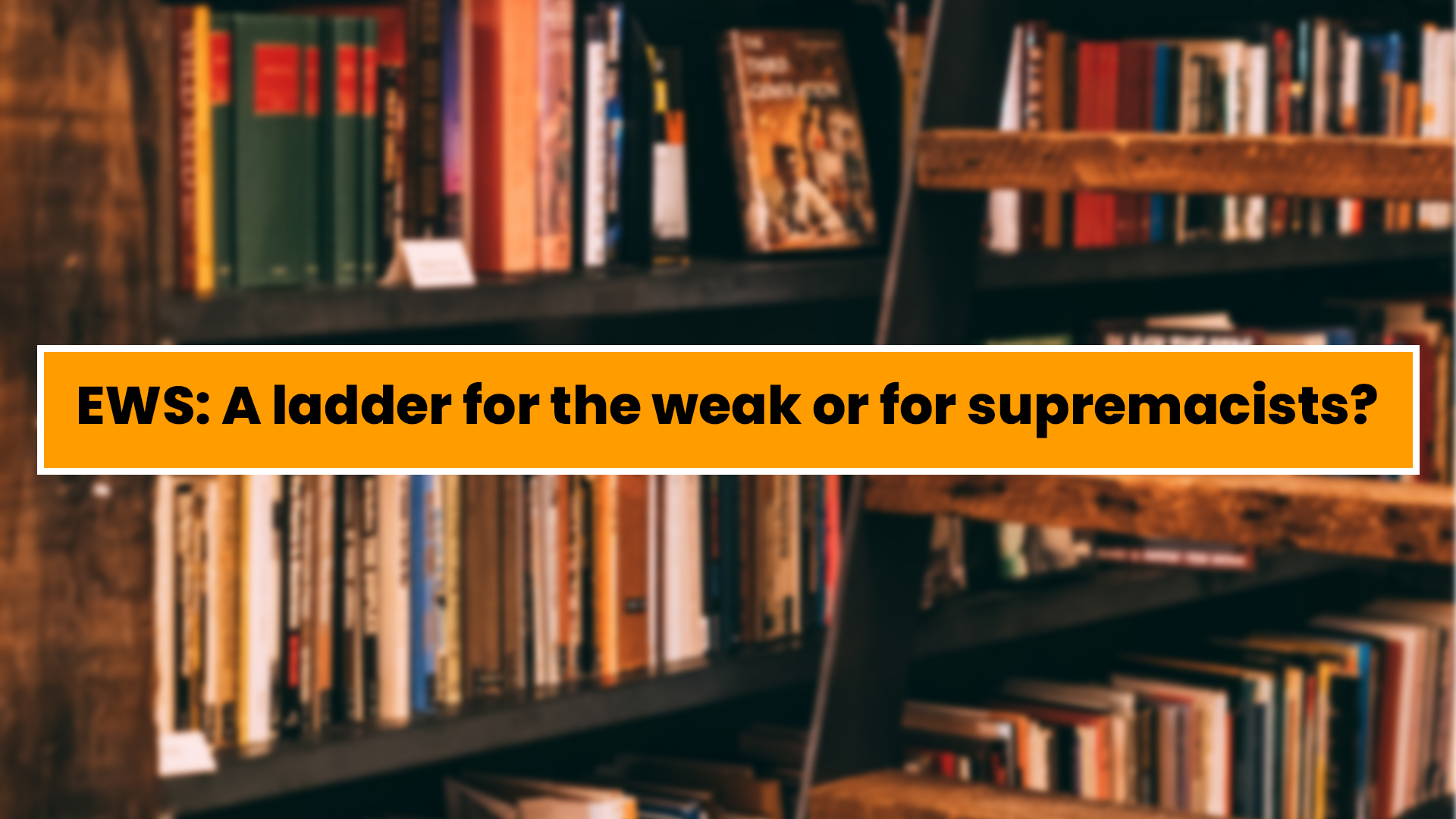
Writer: Aarti Rajput
Diversity is generally admired from in and outside India but it has become a curse for many living here. It is a common misconception that the upper caste has a long history of exploiting the lower caste and doesn’t exist now. Discrimination’s scars are still as fresh and green as ever. There is no disputing that we live in a developed nation where caste is not as strictly observed as it once was, yet it still exists in the interior of India, commonly known as the real India. The print states quote questions upper caste people generally asked: When you have a good job, why do you support reservations? (‘Caste prejudice doesn’t stop with Dalit’s having a good job.)
Caste-based discrimination continues to exist, and new forms of it have also been identified. I’ll quote from the print piece to demonstrate this action. “You don’t look Dalit’ and other things ‘upper castes’ must stop saying to Dalits immediately”. The modern methods of prejudice and discomforting disadvantaged individuals in public are discussed in this article. These contemporary forms of oppression and exploitation are severe enough to disturb one’s mental equilibrium.
Recently while reading a story one of my colleagues encouraged me to write this article. The story said, “Caste privilege doesn’t mean that upper castes don’t struggle, it means their struggles aren’t because of their caste.”
Understandably, the upper caste must be having difficulties; after all, as human beings, we are all entitled to experience difficulties in our lives. However, I think it’s important to remember the intersectional disparities, inequalities, and injustices. Every one of us can see that underprivileged community face multiple forms of oppression: first, due to their caste. Second, due to their economic hardship; third, due to the mental trauma caused by their genetic heritage; and fourth, due to the gender of socio-economically disadvantaged females. This socially disadvantaged community struggles in many ways that they are not even responsible for, such as everyday challenges. These communities must contend with hardships brought on by both their social and economic capital.
In my opinion, if an upper caste or so-called privileged class is having difficulties it must be their incapability. There is no disputing the upper caste’s continued utilization of resources and other means due to their social standing. Therefore, if anyone is struggling now, it must be because they were not participating in creating their economic capital. Even if it was due to an accident or catastrophe, they would still be able to maintain their reputation in society as they are more accepted in society, unlike Dalits or Bahujan, Due to all available resources, their kids have access to a decent education, a fulfilling existence, and the resources necessary to develop to their full potential. If any member of this group is not in the same position, it must be due to that person’s or his elders’ incapacity or laziness in using those measures.
My point is, should the state make up for someone who has had all the means and resources to succeed but has been unable to do so for years? Is it the state’s responsibility if someone is unable to achieve something? No, if that is the case, then in addition to reservations, we should have additional protections for disadvantaged groups and impoverished communities. Because despite possessing this reservation, these people still struggle to gain recognition in high-profile roles and settings.
The second question don’t you think this EWS reservation gives another way to the upper caste to come into the same dominant position? As the entire nation is not good in terms of income but the condition of disadvantaged communities is worse than EWS-entitled people.
The introduction of reservations in the nation coincided with an increase in the visibility of underprivileged people in public life, which they had long been denied. Although the higher caste in India has long found reservations to be an eyesore. The only reason India’s upper caste is currently poor is that they might be incapable to raise their standard of living after having all means without any social barriers.
I consider that the purpose of the reservation was to increase the participation and visibility of socially disadvantaged people, which was undermined by this economically deficient area of the reservation. I see the EWS reservation as giving the higher class a different opportunity to hold positions that they would otherwise be unable to have due to their financial situation. Those members of the upper caste who are financially secure can maintain their presence by their means, while those who are not financially secure will rule thanks to the EWS reservation. However, no one in India believes that providing the underprivileged groups SC/ST/ OBC 16%, 7.5%, and 25% reservation is unfair given that they make up the bulk of the population and these folks are in competition with one another. However, upper castes who are not good in that number and have these kinds of reservations can easily occupy dominant holdings.
I’d like to leave you with a question. If you believe India should entirely abolish caste-based reservation. First, ask yourself if caste prejudice still exists in our nation.

Leave a Reply